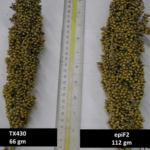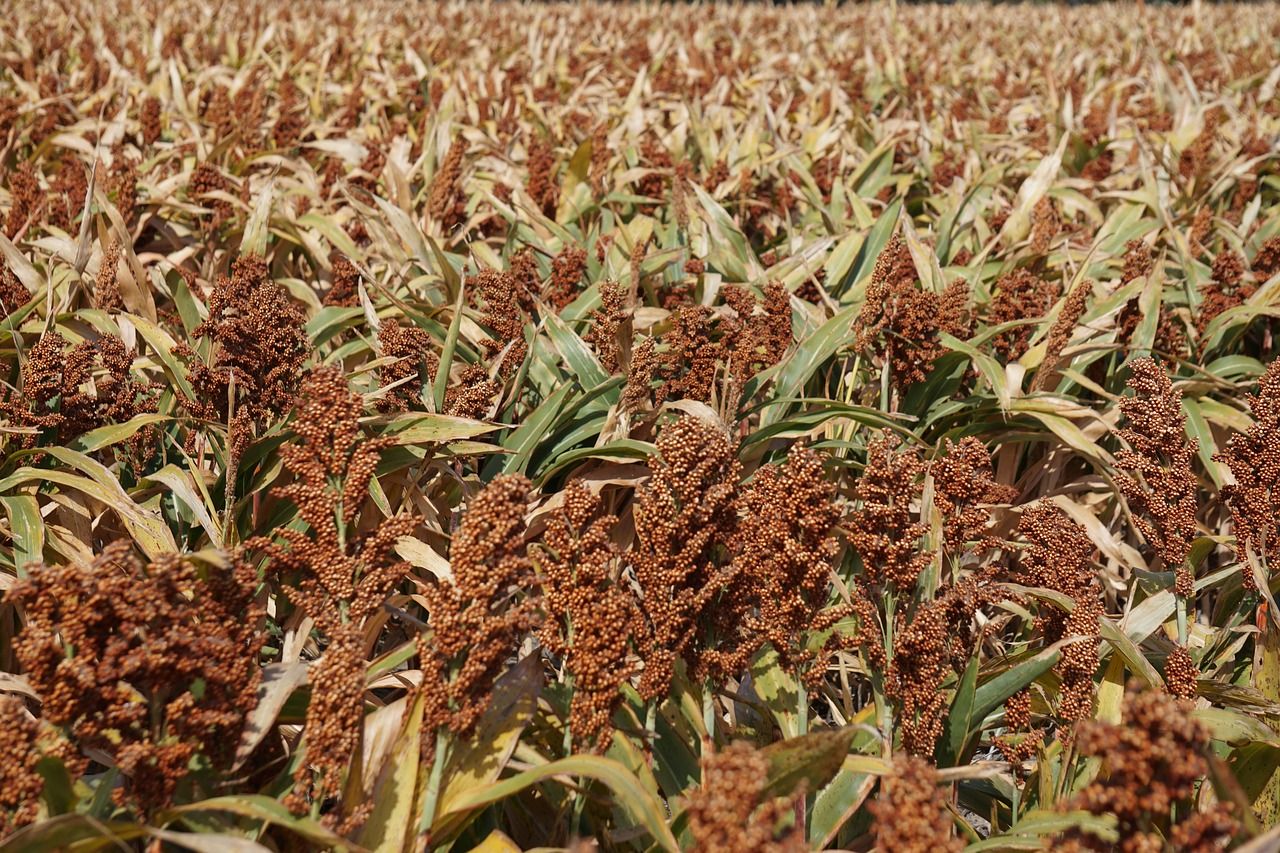Epicrop Technologies, a Lincoln, Nebraska-based startup using epigenetics to improve crop yields, has raised $3.2 million in Series A funding.
Venture development organization TechAccel invested alongside a range of local investors including North Forty Ventures, which is the venture firm of Jeff Raikes, ex-CEO of the Bill & Melinda Gates Foundation and ex-president of the Microsoft Business Division. Other investors were Nelnet, Speedway Properties, and New York investment bank Allen & Company.
Per TechAccel’s model, the venture development organization (VDO) will also invest in developing the technology beyond its initial targets of tomatoes, sorghum, and soybean, for at least two different crops.
What is Epigenetics?
In simple terms, our genes, made of DNA sequences, instruct the cells in our body to perform certain life actions. It’s the same with plants.
What’s less known is how the genes are packaged in a complex biological structure in the cell called chromatin and how chromatin signals help turn these genes on and off at different times in our — or plants’ — lives.
Epigenetics is the study of how an animal or plant cell reads and acts on the information in its genes based on the presence (or not) of certain epigenetic markers in the chromatin.
These markers currently include DNA methylation, histone modification, and non-coding RNA-associated gene silencing. And they essentially tell the cells, which genes are important and which can be ignored at any time. Cath Ennis, a Vancouver-based project manager and grant writer in the field of cancer genomics and epigenomics, likens them to highlighter pens indicating on a manual (the DNA) which parts are important or not at any one time.
How is Epicrop Using it to Promote Crop Growth?
Epicrop’s technology can manipulate a crop’s epigenetics by highlighting or reprogramming the genome to increase crop productivity. These instructions could also help plants to combat drought or other stresses.
Epicrop’s founder Sally Mackenzie came across the technology able to do this almost by accident when she discovered a gene called MSH1, which can effect changes in a crop’s epigenetics. The MSH1 gene appears to be involved in a system that regulates epigenetics in plants, probably to help plants adapt to different growth conditions. Epicrop can suppress the MSH1 function through genetic mutation. When MSH1 is not functioning, the system responds by creating stronger epigenetic changes. These changes produce hardier, more energy efficient plants. In field and greenhouse trials, epigenetically improved plants—including soybeans, tomatoes, and sorghum— show increased yields and stress tolerance.
The epigenetic changes Epicrop makes to a plant are programmed into seeds by grafting the root system (rootstock) of the epigenetically improved plant to the shoot (scion) of a plant the company wants to improve. The epigenetic information is then transmitted from the rootstock to the scion and into the seeds of the scion. The result is the seeds from the grafted parent plant inherit their DNA sequences from the scion and epigenetic information from the rootstock. The MSH1 mutation stays in the rootstock as rootstocks do not transmit their DNA sequences to the scion or its progeny.

“Increasing yield and stress tolerance are key goals of most seed companies,” said Michael Fromm, CEO of Epicrop. “Epicrop’s method has the potential to provide these traits by adding epigenetic information directly to the seeds of commercial varieties without adding any genetic material. The unique features of this method readily fit into traditional commercial breeding and seed production methods to facilitate company adoption of this system.”
“It’s worth emphasizing that this is not genetic modification. There are no transgenics or sequence changes involved; it’s an informational addition to how a plant performs,” Fromm added.
Use of Proceeds
The company will use the funding to perform field trials during the 2018/19 season to demonstrate the benefits of the technology. Once proven, the aim is to license the technology to seed retailers that have the scale to invest in germplasm varieties and distribution, according to Fromm.
Epicrop has received two Phase 1 competitive federal Small Business Innovation Research grants and is partnering with several seed industry leaders to begin improving current elite commercial varieties.
“We think Epicrop is a very innovative technology with the opportunity of really disrupting the seed market,” said Brett Morris, principal at TechAccel. “It’s a platform technology that could be utilized on many different crops and markets so that plays well with our model and we are looking at developing the technology for other crops, so there’s a strong science advancement opportunity for us.”
Have funding news? Email [email protected]





